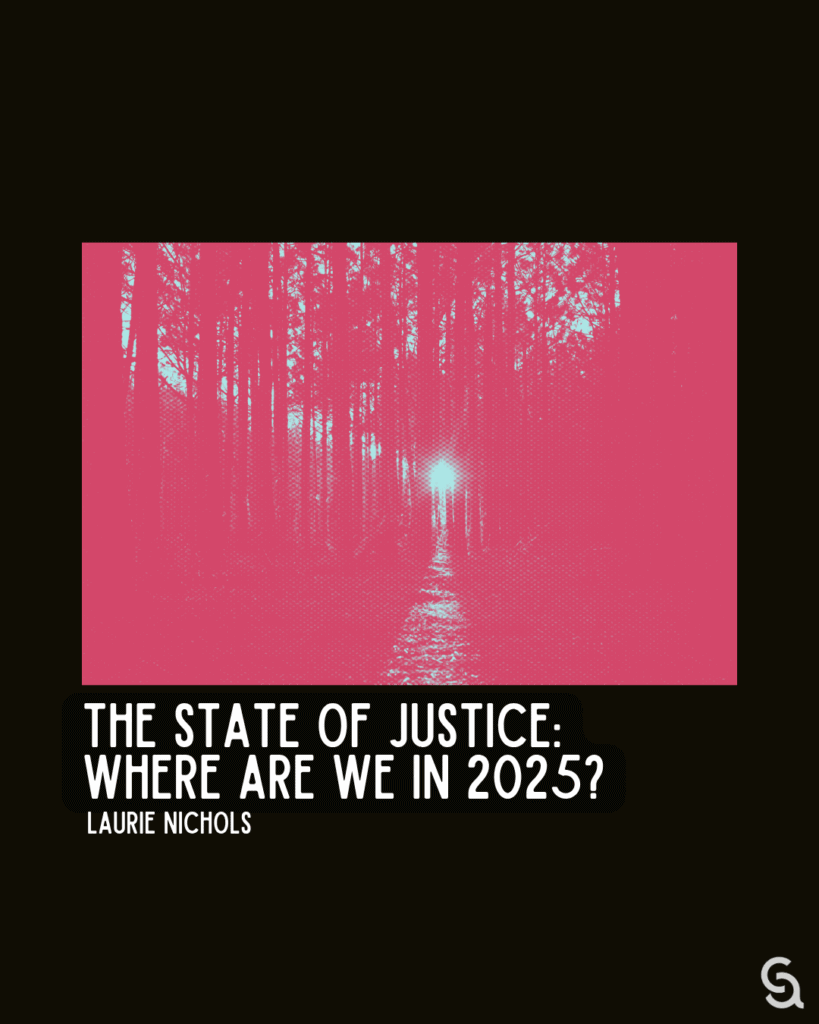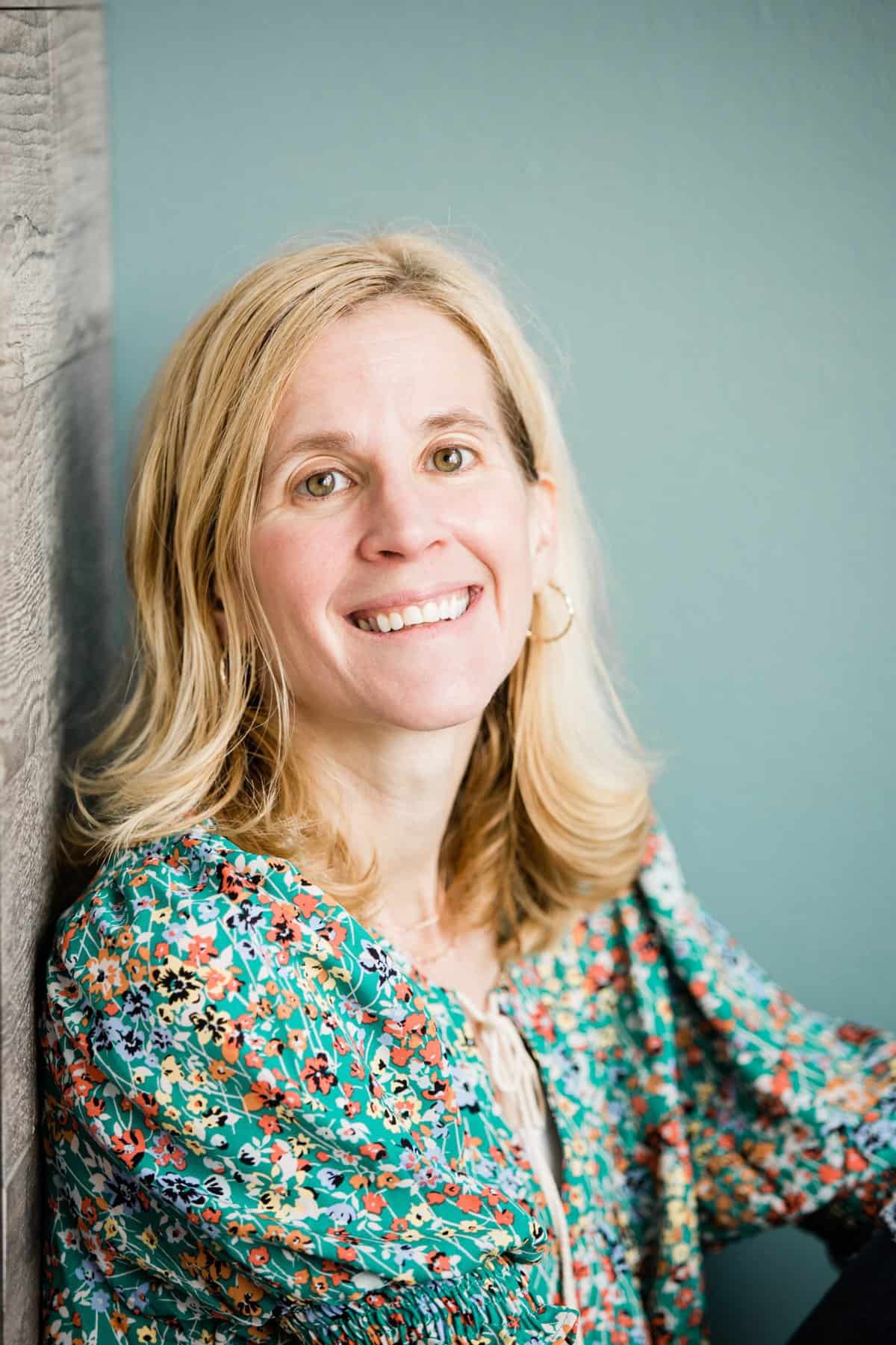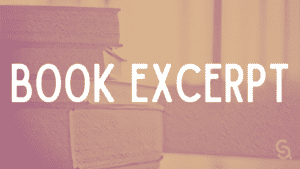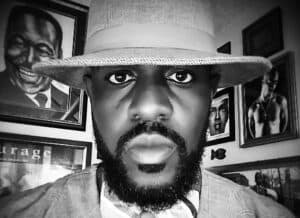 Each year, I circle back to the same question, one that never feels finished: Where are we now in the long, unfinished struggle for justice? It isn’t the kind of question you can tick off with easy answers. Justice is rarely tidy, and it surely resists simple conclusions! Some days I see glimmers of light breaking through in the most unexpected ways; other days I feel overwhelmed by how deep the shadows still run.
Each year, I circle back to the same question, one that never feels finished: Where are we now in the long, unfinished struggle for justice? It isn’t the kind of question you can tick off with easy answers. Justice is rarely tidy, and it surely resists simple conclusions! Some days I see glimmers of light breaking through in the most unexpected ways; other days I feel overwhelmed by how deep the shadows still run.
When I said yes to joining Christians for Social Action earlier this year, it wasn’t only because I admired CSA’s mission — it was because I felt God calling me to lean deeper into this tension. At CSA, we insist that justice is not an accessory to the gospel. It is the very shape of Christian love lived out in public. To follow Jesus is to be pulled toward the margins, toward those whose dignity is denied, and toward the places where our world groans for healing.
Glimmers of Light
Last month, I came across the story of a farmer in Sindh, Pakistan. After this summer’s historic monsoon floods, his small plot of land — the only source of food and income for his family —w as swallowed up by water for weeks. The crops rotted, the soil turned toxic, and the family was left with nothing but debt. He said, “It feels like the land has abandoned me.”
But then he described how neighbors, most of whom had little themselves, showed up with food, seeds, and blankets. An interfaith aid group helped the farmers pool resources to rebuild irrigation channels. He admitted that the recovery will take years, maybe generations, but he also said this: “When people came to help, I felt God had not left me after all.”
In the last few weeks alone, I’ve seen signs that remind me of God’s kingdom breaking in.
Earlier this month, researchers published a report showing that more than 10,500 people were placed in solitary confinement by ICE between 2024 and 2025, often for long periods and sometimes without clear cause. That number is horrifying, and yet I take heart that it was exposed at all. Justice begins with seeing what we’d rather turn away from, and naming it out loud.
On the international stage, Alaa Abd el-Fattah, a British-Egyptian writer who spent nearly 12 years in prison for his activism, was pardoned. His case had become a symbol of repression in Egypt, and his release came only because people refused to stop praying, pushing, and demanding his freedom. That persistence looks to me like resurrection power — the kind of persistence Jesus calls us to when he tells stories of widows knocking at unjust doors until justice is done.
Even here in the United States, where democracy feels fragile, there are reminders of community courage. This spring, millions marched in “Hands Off” protests, raising their voices against policies that threatened immigrants and civil rights. It was one of the largest single-day demonstrations in U.S. history. And it told me something important: Even when leaders falter, ordinary people still believe in the common good.
Shadows That Linger
The U.S. was placed on an international “watchlist” for declining civic freedoms earlier this year. Think about that: our own country, long seen as a defender of rights, flagged for shrinking space for dissent and protest. In June, ICE raids in Los Angeles escalated into protests so tense that federal troops were deployed and journalists were detained. The story barely lasted in the news cycle, but it underscored just how precarious our freedoms can be. And now it’s happening in my own beloved city of Chicago. I encourage you to read David Swanson’s excellent open letter he wrote just this past week. David has been on the front lines of pastoral love in this city.
And then there’s the wound that is closer to home: This spring marked the fifth anniversary of George Floyd’s murder. Services were held, but they were not only memorials — they were reminders that America’s deepest racial wounds remain unhealed.
Justice and Jesus
When I take all of this in, I feel the weight of Micah’s familiar call: “What does the Lord require of you but to do justice, to love mercy, and to walk humbly with your God?” Justice feels heavy because it is. But Micah didn’t say consider justice or admire mercy. He said do it.
Jesus himself declared in Luke 4 that he came “to proclaim good news to the poor, to set the oppressed free, to bind up the brokenhearted.” He did not promise that the kingdom would come without resistance. He did not say there would be no backlash. But he did promise his presence. He did promise that God’s justice — however delayed — cannot be stopped.
Where I Stand
I don’t write any of this as someone with answers. I write as someone who is trying to stay awake. I came to CSA because I wanted to keep watch with others, to tell stories of gospel hope, to remind myself and the church that even when all is not well here, God is not done.
The state of justice in 2025 is unfinished. It is contested and fragile. But because of Jesus, it is also possible. That’s the paradox I hold onto: The Cross was the worst injustice the world has ever known, and yet it became the doorway to redemption. Which is why, even as I lament and protest and grieve, I do not lose hope.
One day, justice really will roll down like waters and righteousness like an ever-flowing stream. Until then, we keep praying, we keep marching, we keep telling the truth, and we keep showing up.

Laurie Nichols serves as Director of Communications for Christians for Social Action. A lifelong storyteller and strategic communicator, Laurie brings more than two decades of experience helping people and organizations tell the truth—about God, the world, and themselves. With a background in journalism, nonprofit leadership, and theological education, Laurie is passionate about the power of words to name injustice, stir hope, and create meaningful change. She blogs at findingfaithagain.substack.com.


